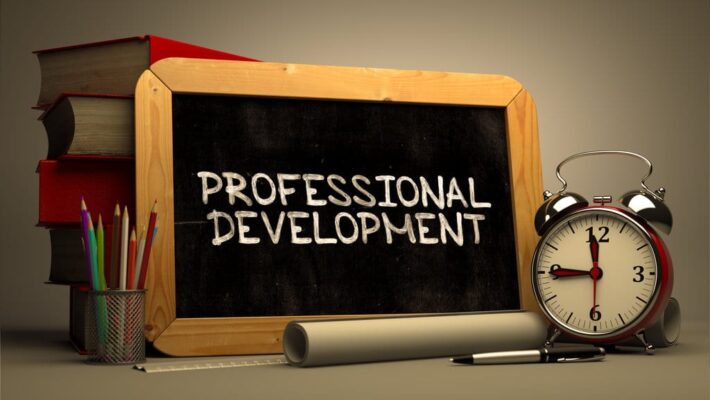
The Society of Human Relations Management (SHRM) describes itself as “the foremost expert, convener and thought leader on issues impacting today’s evolving workplaces. With 300,000+ HR and business executive members in 165 countries, SHRM impacts the lives of more than 115 million workers and families globally.”
Now, as a result of a lawsuit filed in 2021 by three deaf human resource professionals, SHRM’s vast training and certification resources will be more accessible to deaf and hard of hearing professionals. The settlement of the lawsuit was announced by Disability Rights Advocates, lawyers for the three deaf professionals, on June 29, 2022.
The settlement contains details about the availability of sign language interpreters and captioning services for a wide range of SHRM offerings including certain in-person and virtual gatherings, and live instructor-led online programs. And the agreement requires SHRM to institute detailed Accommodations Policies that provide a streamlined process for customers to request additional reasonable accommodations beyond the specifics required in the agreement.
The agreement also details how the settlement will be monitored, and requires SHRM to pay plaintiffs confidential sums, and pay plaintiffs’ attorneys’ fees as allows under the law. The case was brought under both the Americans with Disabilities Act and the disability rights laws of California.
- Read the SHRM settlement with deaf and hard of hearing professionals.
- Read the press release announcing the settlement
Congratulations to DRA, the deaf plaintiffs, and SHRM for resolving this case, for not engaging in a long drawn out battle, and for being public and transparent about the result.
Publishing the settlement agreement allows others to learn from the parties’ efforts here. Deaf and hard of hearing professionals using SHRM services know what’s available. Businesses, educators, and professional development providers in other fields have a roadmap about how to make professional development programs inclusive of people who are deaf and hard of hearing.
This type of transparency is one factor of many that can help distinguish ethical disability rights lawsuits like this one from an all-too-common type of lawsuit about web accessibility.
Digital access is a civil right, and lawsuits have long been a crucial way to enforce those rights. Next time you hear about someone trying to roll back the long-standing right to use the court system to enforce the ADA, think of this lawsuit. And think of its impact on the ability of deaf and hard of hearing professionals to fully participate in career advancement programs. Read the 2019 article on this website about ethics in the digital accessibility legal space.